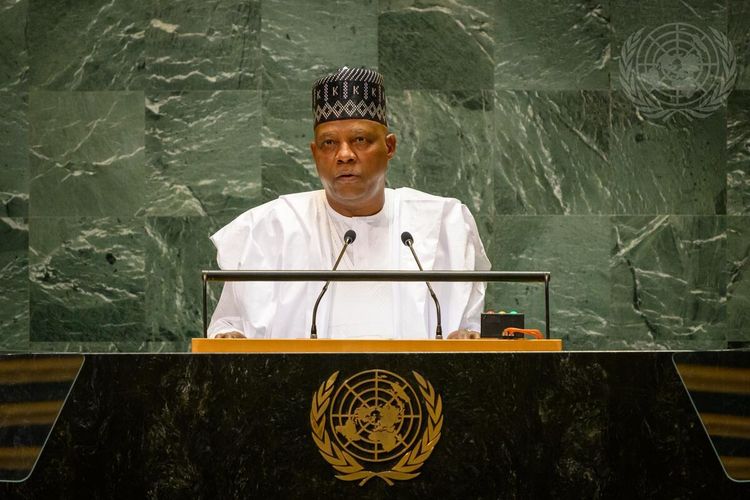VP Shettima Demands Blanket Overhaul Of Road Safety To Curb Accidents

Vice President Kashim Shettima has directed the implementation of a sweeping overhaul of Nigeria's road safety measures.
The directive is aimed at addressing Nigeria's road safety challenges and drastically reducing road traffic accidents across the nation.
VP Shettima gave the directive on Friday during a meeting with the leadership of the Federal Road Safety Corps (FRSC) led by its Corps Marshal, Shehu Mohammed, at the Presidential Villa, Abuja.
Accordingly, the Vice President is set to inaugurate the National Road Safety Advisory Council saddled with the responsibility of reducing traffic accidents by half before 2030.
Speaking during the meeting with the FRSC leadership, the VP stressed the urgent need to address the increasing road accidents on the highways and in the cities caused by non-adherence to traffic regulations.
The Vice President, who chairs the National Road Safety Advisory Council, highlighted the importance of leveraging technology and enforcing discipline to improve road safety.
The Vice President emphasised the interconnected nature of road safety with broader security concerns, saying "The FRSC's job is intertwined with that of the Nigerian Police as it is part of the security architecture of the nation."
Drawing parallels to successful security initiatives he had observed in Enugu state, he said "I was in Enugu yesterday and the state government is doing so well. The governor has put in place a security architecture where the whole town and the whole state are under surveillance including the forest areas."
Earlier, the FRSC Corps Marshal, Shehu Mohammed, said the National Road Safety Advisory Council is a critical aspect of the updated Nigeria Road Safety Strategy 2021-2030.
He outlined the council's primary functions to include setting national road safety targets, coordinating efforts between federal, state and local governments, and overseeing the implementation of strategic initiatives.
The council's membership includes six governors representing the six geo-political zones, various federal ministers, the National Security Adviser, and the President of the Association of Local Government of Nigeria (ALGON).



